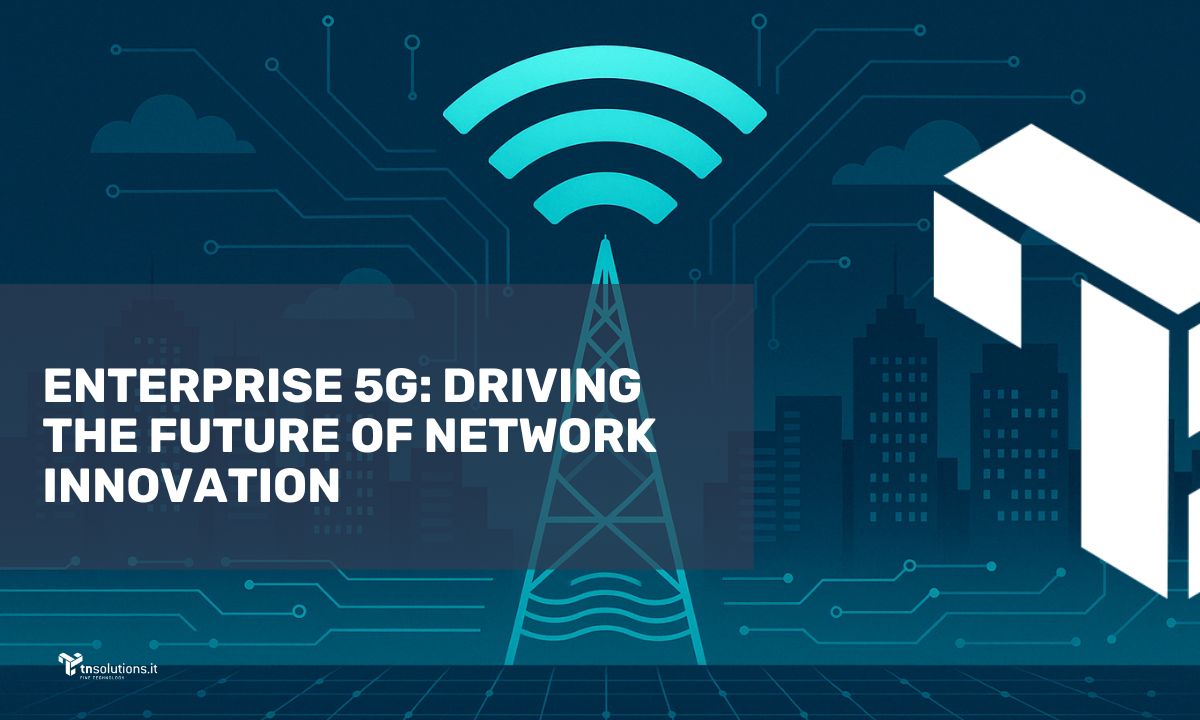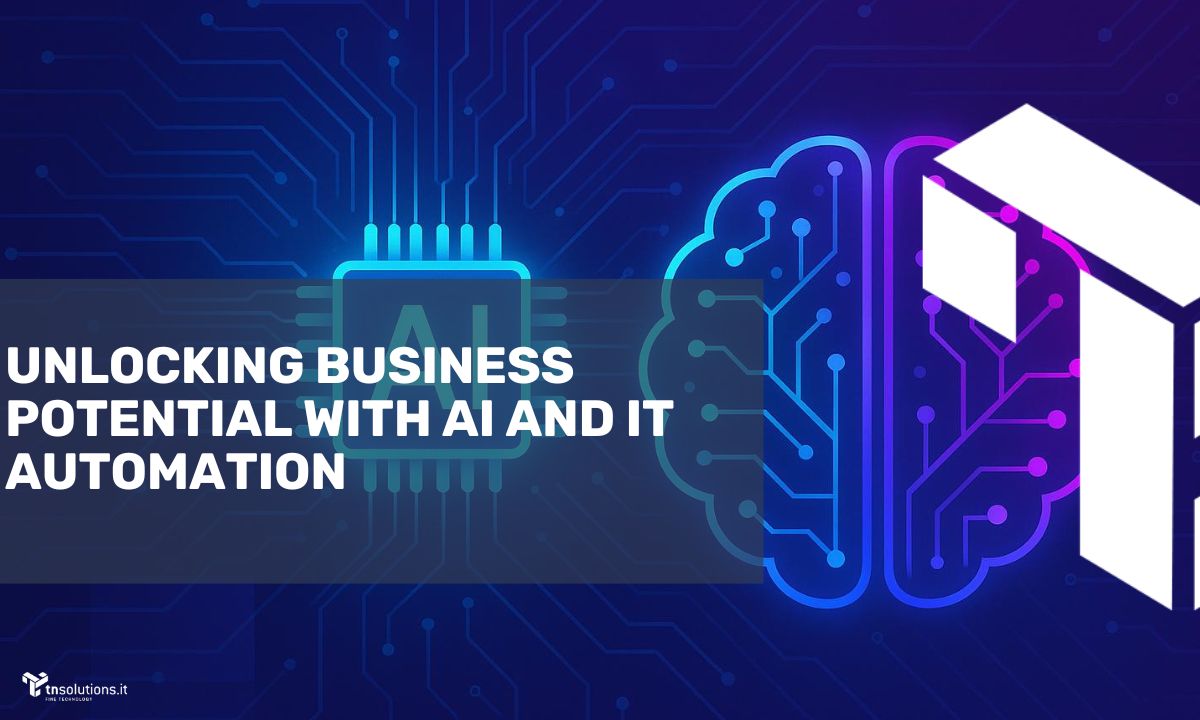
In the digital age, cybersecurity is a priority for both individuals and organizations. With increasing threats from cyberattacks, implementing robust security measures is essential to protect sensitive data and ensure uninterrupted online operations. One crucial tool in the defense arsenal is the firewall.
What is a Firewall and How Does It Work?
An In-Depth Look: Analysis and Functionality
A firewall is a hardware or software device designed to monitor and control incoming and outgoing network traffic. Its primary role is to create a barrier between a private network and the internet, filtering unwanted traffic and enhancing security by blocking unauthorized access and potential cyber threats. Firewalls can also be configured to perform various actions, such as blocking or allowing specific types of traffic based on predefined rules. Some firewalls are capable of deep traffic inspection to detect and prevent suspicious or harmful activities, further strengthening your network’s security.
Advantages of Using a Firewall
A Comprehensive Overview of the Benefits of Owning a Firewall
- Intrusion Protection: Firewalls prevent hackers and external threats from infiltrating the network, safeguarding sensitive and confidential data, and enhancing organizational cybersecurity.
- Access Control: Firewalls allow organizations to establish custom access policies, restricting network access to authorized users only.
- Traffic Monitoring: Firewalls provide visibility into network traffic, enabling administrators to detect and respond to abnormal or suspicious behavior promptly.
- Internal Threat Protection: In addition to protecting against external threats, firewalls can also mitigate internal threats by monitoring and controlling traffic within the corporate network.
How to Effectively Implement a Firewall for Your Business
A Guide to Maximizing Your Firewall’s Security Potential
To maximize the effectiveness of your firewalls and overall cybersecurity, follow these best practices during implementation:
- Custom Configuration: Tailor firewall settings to meet your organization’s specific needs by defining targeted traffic filtering rules and security policies.
- Regular Updates: Keep your firewall updated with the latest security patches and threat signatures to ensure optimal protection against new threats.
- Continuous Monitoring: Monitor the firewall regularly to detect and respond to potential security breaches or suspicious activity promptly.
- Staff Training: Educate your team on correct firewall usage and cybersecurity best practices to reduce the risk of human error.

Choosing the Right Firewall
A Brief Overview of the Different Types of Firewalls
There are several types of firewalls, each with unique features and functionality:
- Packet-Filtering Firewalls: These operate at the network packet level, examining packet headers to determine whether to allow or block them based on pre-set rules.
- Stateful Firewalls: Track the state of network connections, such as active TCP or UDP sessions, to make more informed decisions about which traffic to allow.
- Application (Proxy) Firewalls: Operate at the application level, acting as intermediaries between internal network devices and external resources, enabling more granular traffic control.
- Access Rule-Based Firewalls: These firewalls use configurable access rules to control network traffic based on IP addresses, network ports, protocols, and other factors.
- Cloud-Based Firewalls: Leverage cloud resources to analyze and filter network traffic centrally, making them ideal for protecting distributed networks or adding an extra layer of cybersecurity.
Linux Firewalls
Boosting Security with Linux-Based Firewalls
For modern businesses, securing network infrastructure with effective firewalls is essential. Linux systems offer versatile firewall options such as:
- Iptables: A powerful tool for network traffic control, requiring technical knowledge for precise configuration.
- Nftables: An advanced successor to Iptables, providing readable syntax and simplified management for network traffic rules.
- UFW (Uncomplicated Firewall) for Ubuntu and Firewalld for Fedora-based systems: These offer user-friendly interfaces for managing firewall rules on Linux distributions.
Whether through graphical tools or command-line configurations, Linux firewalls are critical for securing systems against cyber threats and protecting data and networks.

Linux System Support
Firewalls play a fundamental role in cybersecurity, acting as a defensive barrier against online threats. With the correct implementation and management, firewalls help ensure that sensitive data remains secure and that networks are protected from cyberattacks. Investing in the right firewall solutions and adhering to best practices maximizes cybersecurity and safeguards your digital environment against potential risks.
If you’re seeking a reliable partner for firewall implementation, contact us for the solution you need!












